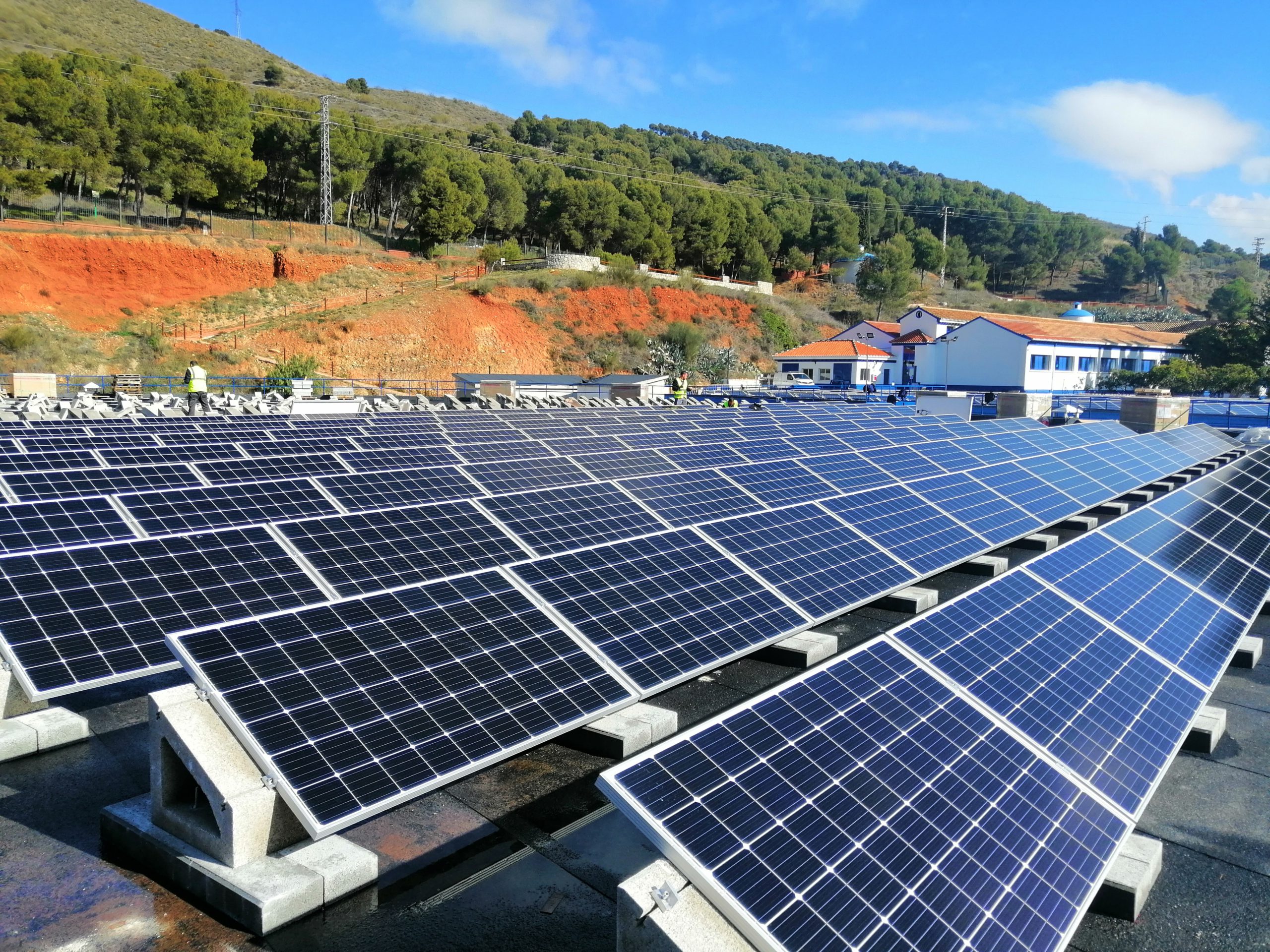Photovoltaic installations for industrial self-consumption
Electrical self-consumption or photovoltaic solar self-consumption is the use of photovoltaic solar panels to generate energy.
In this way, the user does not need to pay bills to electricity companies, since he can consume the energy produced by his installation.
With more than 20 MWp in industrial self-consumption installations carried out over the last years, Greening-e has consolidated its position as a reference company in the field of energy generation with photovoltaic solar technology.
We analyze each project individually.
We offer unique technical-economic proposals.
We specify according to the type of business and needs.
Economic optimization: the best possible rate of return.
Turnkey projects for industrial self-consumption
In Greening-e we offer an an integral self-consumption photovoltaic installations service for companies and industries, with the aim of helping companies to improve their energy efficiency.
We develop projects under the EPC turnkey modality and under the most demanding requirements of quality, safety and environmental protection, with a component of technological innovation and product excellence.
Featured Projects
Installed power: 2.520 kWp
Annual production : 3.850 MWh
Emission savings: 1.763.000 Kg de CO2
Installed power: 790 kWp
Annual production: 1.169 MWh
Emission savings: 535.402 kg de CO2
Installed capacity: 504,9 kWp
Annual production: 761,71 MWh
Emission savings: 348.863 kg de CO2
Location: Casablanca (Marruecos)
Installed capacity : 1.270,08 kWp
Annual production: 1.970,05 MWh
Emission savings: 788.200 kg de CO2
Sustainable Development
At Greening-e we bring the benefits of renewable energies and energy efficiency to your organization. We are committed to develop environment-friendly strategies that also contribute to reduce electricity costs. There is a way to meet energy needs without compromising the welfare of future generations and our planet.


